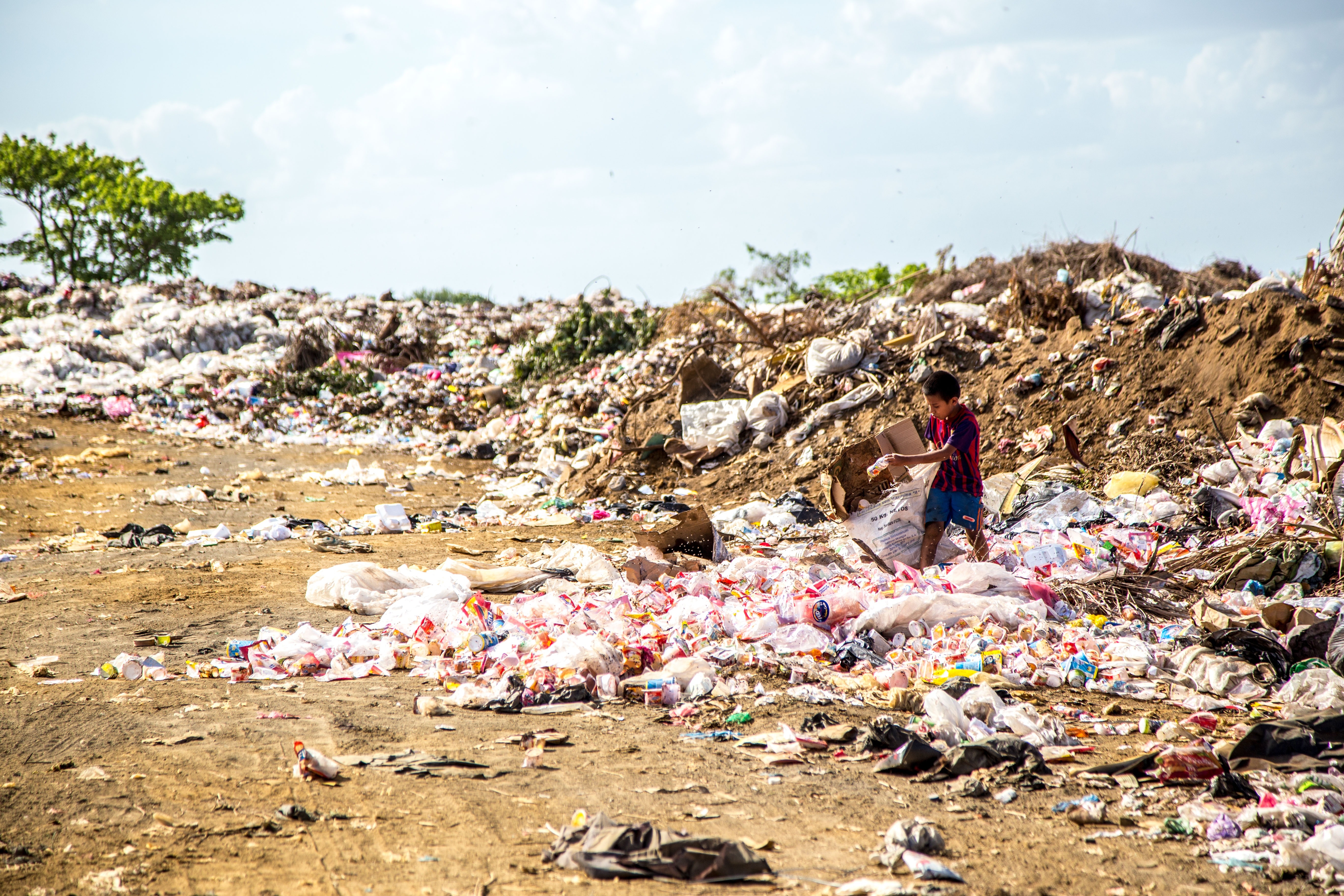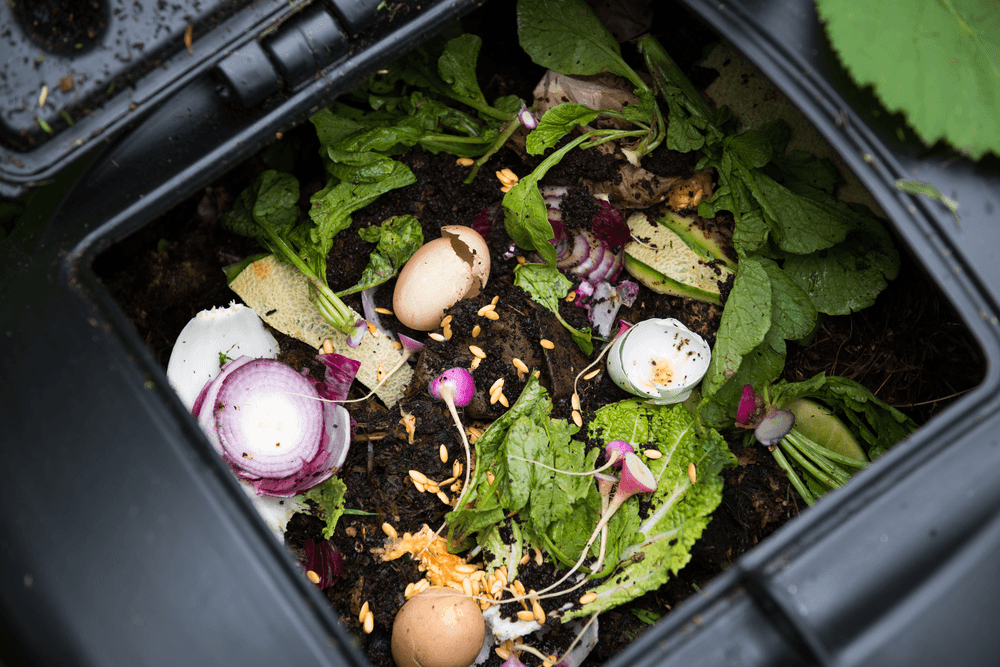Do you realize how valuable the food we waste everyday can be?
Approximately 1.3 billion tons of the food produced in the world for human gets waste.
Global quantitative food losses and waste per year are roughly 30 percent for cereal, 40 percent for root crops, fruits and vegetables, 20 percent for oil seeds and 35 percent for meat and dairy products.
Every year, consumers in rich countries waste almost 222 million tons food as much as the entire net food production of sub-Saharan Africa.
Food losses and wastes also amount to a major squandering of resources like water, land, energy, labor and capital and needlessly produce greenhouse gas emission contributing to global warming and climate change.
Food waste is a very serious issue all over the world. Despite efforts of raising awareness, a lot of food still end up in the trash. With every bid of food you waste, you contribute in wasting valuable money and environmental footprint.
What causes food waste?

Food loss happens mainly at the production stage due to insufficient skills, natural calamities, lack of proper infrastructure and poor management practices.
Food waste occurs when edible food is intentionally discarded by the consumer after it fails to satisfy their taste buds or passes through the expiry date. Also, food waste can happen due to the oversupply of food in the markets.
Often people tend to reject the food because it does not confirm to the quality and standards.
Impacts of Food Waste
The environment
More than 50 percent of the waste occurs during upstream or the production of the food. Millions of wasted food gets thrown in the water or in the landfill.
The greater the food waste chain, the greater its environmental impact. Food wastes that ends up in landfills produces a large amount of methane which is more powerful greenhouse gas than even CO2.
Energy and resources
Almost 70 percent of the water is used throughout the world for agriculture. Among which food waste represents a great waste of freshwater and ground water resources. By throwing out one kilo of beef, you are probably wasting nearly 1000 liters of water.
If you look at the land usage, around 1.4 billion hectares of land, which is roughly one third of the world’s agricultural area is used to throw the food waste. Likewise, millions of gallons of oils are waste every year to produce food.
How valuable food waste can be?
Hunger

Around 795 million people in the world do not have enough food to lead a healthy life. Poor nutrition has caused nearly 45 percent of deaths in the children under age of five which is near to 3.1 million each year.
A significant proportion of food wasted comes from the food items which are in good condition.
Those food items should get discarded, for health and safety of the people. Regardless, the unconsumed food items must be donated to the charity or food banks prior to their expiry dates.
There are lots of people who die on the streets due to hunger. So, why not add value to their lives by providing them at least one percent of what we consume?
Compost

Another great value that food waste adds is using it as compost and fertilizer for growing plants and vegetables.
It is a great way to reduce food waste is by composting the kitchen scraps. By doing this you can not only reduce the amount of household waste but also lessen the costs associated with the wastes.
A way of preventing food waste from getting to landfill is to us it as compost for the gardens. This helps in adding nourishment to the soil and improves growth of the plants and vegetables. Additionally, composting helps plants to fight from diseases and pests.
Energy

There are many types of food wastes comprising various chemical compounds, some which can be easily extracted and some which needs to be converted for different purposes.
For example, UK is experiencing success by collecting used cooking oil from restaurants and converting it into biodiesel from blending with diesel transport fuel. So, imagine how valuable it can be?
Technology allows us to do everything we could ever imagine. Likewise, technology allows value to the food by extracting chemical compounds efficiently from fruits and vegetables.
For instance, sugar and acids comes from fruits and vegetables for additional uses. Similarly, industrial biotechnology is applicable to the food waste for the manufacture of valuable fuels, chemicals and materials as plastics.
Food waste is a very disturbing and frightening issue the world is going through. But if we look at the brighter side, it can be definitely be overcome with certain measures.
Categorizing the waste materials according to needs is a precise way to use it properly. This can help to save a lot of energy, money as well as add value to the waste materials.
Also, awareness is very much necessary for people to know why exactly the food waste is so valuable and so useful. So, it’s everyone’s job to protect and preserve wastage of food else add value to it before it gets too late.









